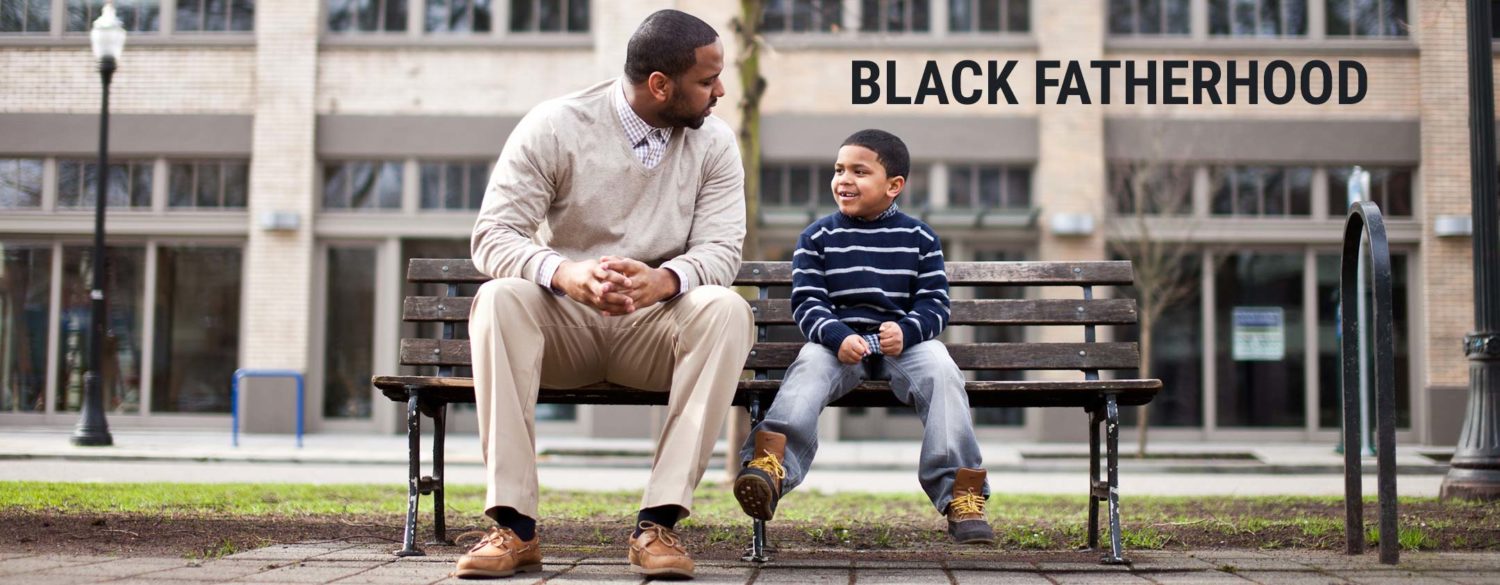As the world pauses to remember the life and legacy of former President Jimmy Carter, who passed away at the age of 100, the Black community joins in mourning the loss of a leader who stood as a beacon of justice, equality, and compassion. Carter, a proud son of Plains, Georgia, leaves behind a legacy deeply intertwined with the fight for civil rights and the pursuit of human dignity for all.
Jimmy Carter, the 39th President of the United States, was a man of humble beginnings who rose to the highest office in the land without losing sight of the marginalized and underserved. While his presidency from 1977 to 1981 faced challenges, his post-presidential years cemented his reputation as a champion for the oppressed—not just in the United States, but globally. For Blacks, Carter’s legacy is a testament to the power of empathy, action, and steadfast commitment to justice.
Carter’s roots in the segregated South shaped his understanding of racial injustice. As a governor of Georgia, he boldly declared in his 1971 inaugural address that “The time for racial discrimination is over.” This was a groundbreaking statement in a state still grappling with the wounds of Jim Crow. He supported integrating schools and upheld policies that aimed to dismantle systemic barriers to equality, despite facing backlash from his political peers and constituents.
During his presidency, Carter’s administration prioritized appointing Blacks to federal positions, including the judiciary. His efforts to diversify the federal bench included appointing judges who were instrumental in advancing civil rights. Carter also strengthened the Equal Employment Opportunity Commission (EEOC), ensuring that workplace discrimination was addressed with greater urgency.
Perhaps Carter’s most enduring contribution to the Black community came after his presidency. Through his work with Habitat for Humanity, he and his wife, Rosalynn, dedicated decades to building affordable housing for low-income families, many of whom were Black. Carter’s hammer and nails were tools of empowerment, providing dignity to families who had been systematically denied access to quality housing.
Carter’s commitment to human rights extended beyond U.S. borders. His unwavering support for anti-apartheid movements in South Africa and his condemnation of racial injustice on the global stage resonated with Black communities worldwide. The Carter Center, established in 1982 in Atlanta, Georgia, became a hub for promoting democracy, advancing health, and protecting human rights, embodying his belief that every person deserved to live free from oppression.
In a world where most political leaders fall short of their ideals, Carter remained a model of integrity. He exemplified what it meant to be a servant leader, using his platform to uplift others rather than seeking personal gain. His faith-driven moral compass inspired many in the Black community who share a deep spiritual connection to social justice.
Jimmy Carter’s centennial milestone earlier this year was a celebration of a life lived with purpose. His passing is a poignant reminder of the work that remains in the struggle for equity and justice. For the Black community, Carter was not just a president—he was an ally, a friend, and a symbol of what is possible when leaders commit to serving all people, regardless of race or background.
As we reflect on his life, let us honor his legacy by continuing to fight for the values he championed: fairness, opportunity, and the unwavering belief that we are all created equal. Rest in power, President Jimmy Carter. Your legacy lives on in the hearts of those you served.




